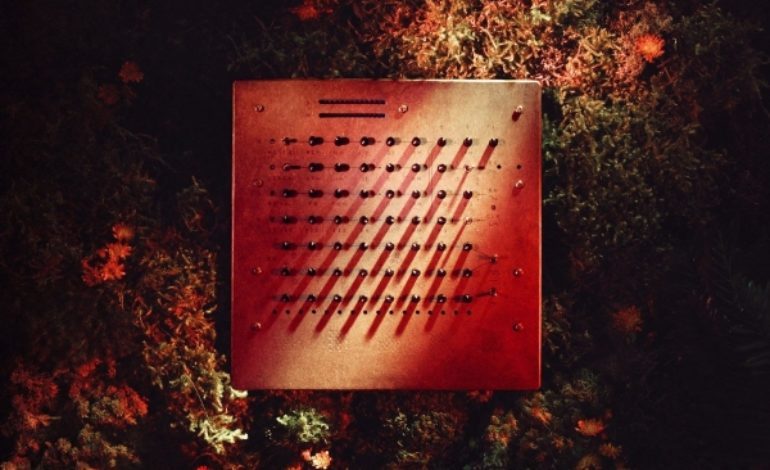

Exploration over cohesion
Sam Dust has always had an off-kilter approach to electro-pop as evident in his musical endeavors. He goes from fronting Late of the Pier, being in the duo Soft Hair with Conan Mockasin, to now returning to working solo. His second solo effort under the name LA Priest, GENE, continues down the warped and winding path of his debut, Inji. In GENE, Dust staggers psychedelic grooves with ambient soundscapes which results in a lack of cohesion.
While most tracks are loose and unconventional, the highlights on GENE are those that follow a distinct idea. In “Beginning,” Dust’s playful and groovy vocal line floats over the laid back and spacey instrumentals whose charm lies in its unpolished meekness. This charm continues in the danceable “Rubber Sky” and “What Do You See,” whose syncopated plucking serves as earworms over the steady beat and the flowing and growling synths, and in “What Moves,” the cheeky and groovy yet understated track that ponders a love interest’s behavior. The expertly mixed bridge section in the latter sparkles in a teasing and sensual manner with Dust’s popping exhales and whispers. “Black Smoke” is another, more unconventional, highlight where the evolving flickering dancehall beat serves as an empty stage where each of Dust’s musical ideas takes turns to shine: jazzy ambient modified saxophone, distorted vocals, crashing spacey pianos and distant chimes.
On the other hand, GENE stumbles on tracks that meander. “Monochrome” nods to Radiohead or Jordan Rakei in its textures. However, the steady rainy soundscapes, the increasingly intense percussion and heavy growly synths and the twirling vocals, while all individually interesting, fail to form a coherent whole. Similarly, in “Open My Eyes,” The growly synths drown out the repetitive guitar, making even the vocals sound washy. The track goes quiet for a moment to evolve into a reverb-drenched soundscape whose textures don’t quite gel together. Similarly, in “Kissing of the Weeds,” the growly synth bass overpowers the acoustic guitar and makes the flowy falsetto feel detached. The track slows down to the end when the growly synth goes quiet, dissolving before it could develop beyond just an idea.
GENE’s psychedelic groove and playful, yet bold experimentations is a sound unique to LA Priest. Its highlights are simple in premise, yet daring, intricate and thoughtful in execution. Even in its less cohesive moments, the album is packed with personality and charm. As a whole, GENE feels like a generally rewarding musical journey whose self-indulgence can sometimes obscure its brilliance.
